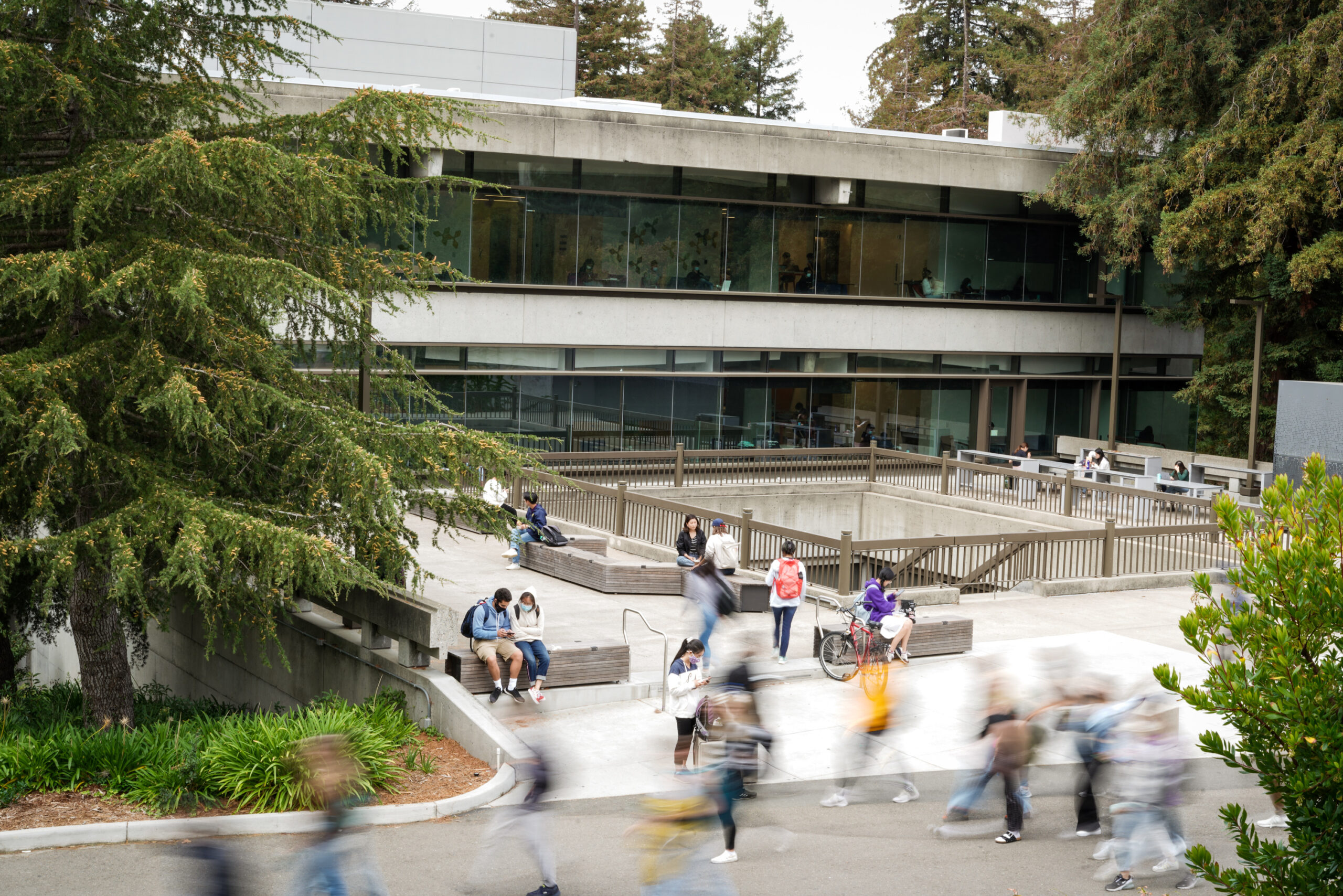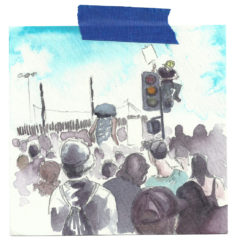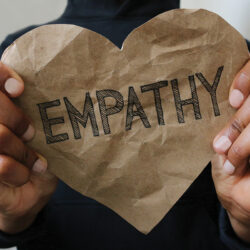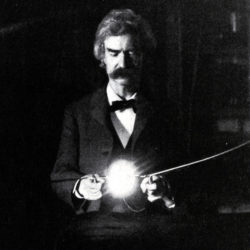If you’ve spent time in Main Stacks, then you have some sense of the seemingly infinite number of books contained in the UC Berkeley Library. But those tomes are only a portion of the treasures waiting to be discovered.
To echo the famed Walt Whitman line, yes, we contain multitudes — and that means we have something for everyone. You’ll find a sampling among these pages. But be sure to stop by too.
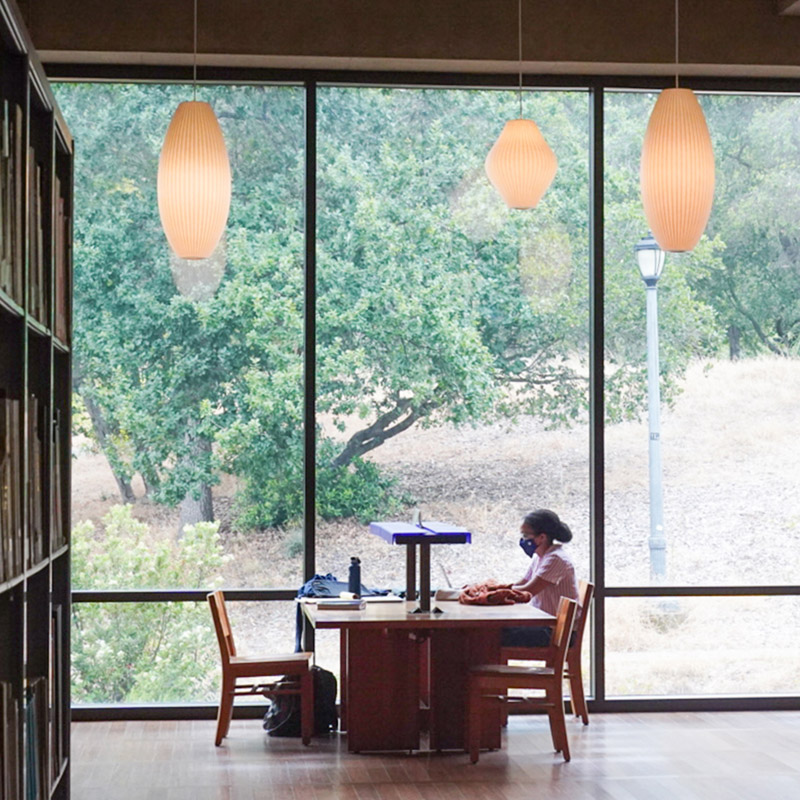
Reopen, renew, rejoice

Digital makeover
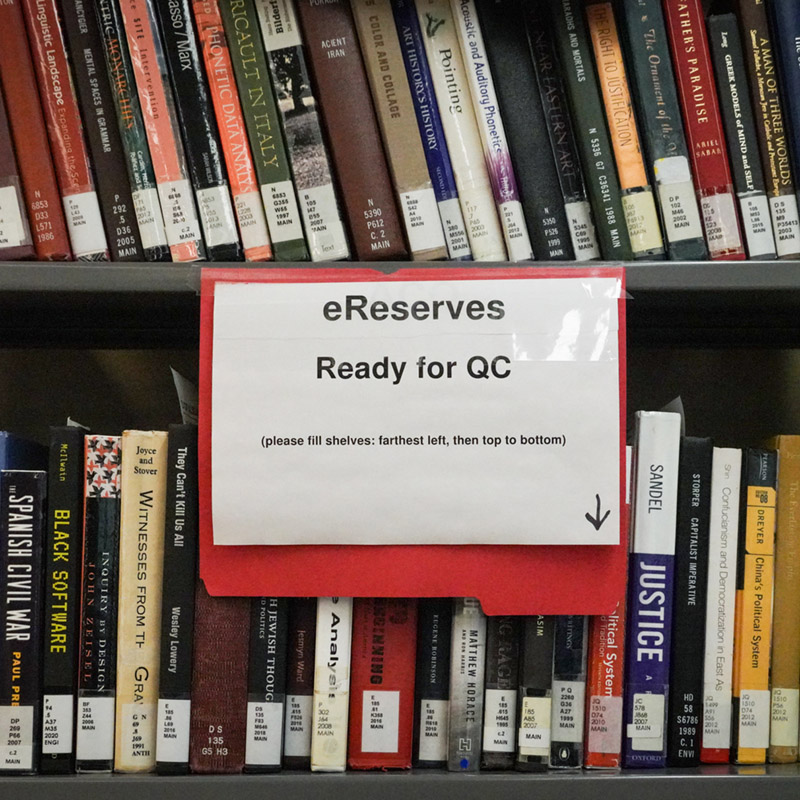
Sea change for students
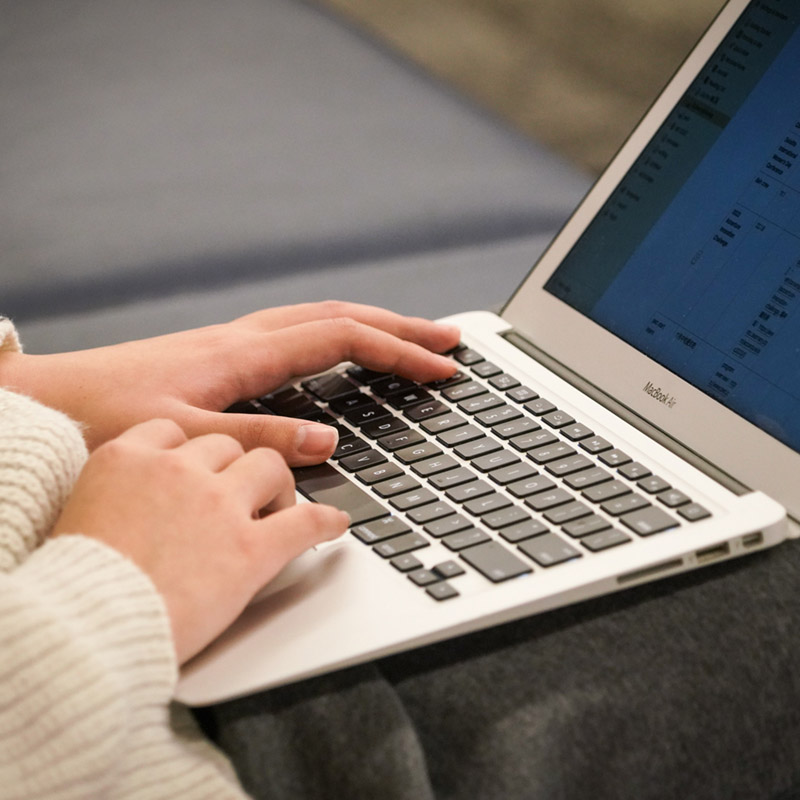
Worlds of knowledge
Libraries are scattered throughout UC Berkeley’s rolling campus, nestled against tangles of trees and encircling the expansive Memorial Glade. Last fall, libraries across campus reopened, beckoning waves of students who were starting the fall semester in person for the first time since the COVID-19 pandemic began.
Each year, the Library’s website racks up millions of views, with visitors from nearly every corner of the globe. This spring, the
Library unveiled its redesigned website, netting 14,560 pageviews on its first day. The new digital home has an improved look and feel, and makes the Library’s resources more accessible to our community of learners.
The team responsible for the Library’s e-reserves program took home the Chancellor’s Outstanding Staff Award in April. The team facilitated an unprecedented effort to develop a fully digitized version of course reserves, which provided financial relief during the height of the pandemic by giving thousands of students seamless access to materials for their classes at no cost. The COSAs are among the highest honors bestowed upon staff by the Chancellor.
The goal was simple, if ambitious: to unify the collections of libraries across the University of California system under one virtual roof. Launched in summer 2021, the all-in-one discovery platform
UC Library Search allows knowledge-seekers to find materials from UC libraries and collections worldwide.
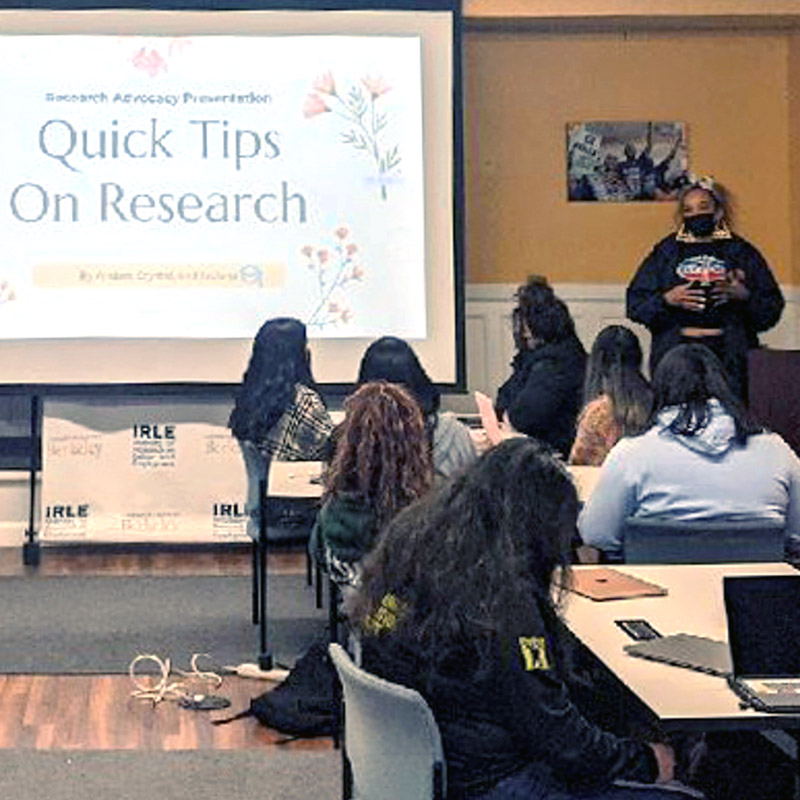
Representation matters
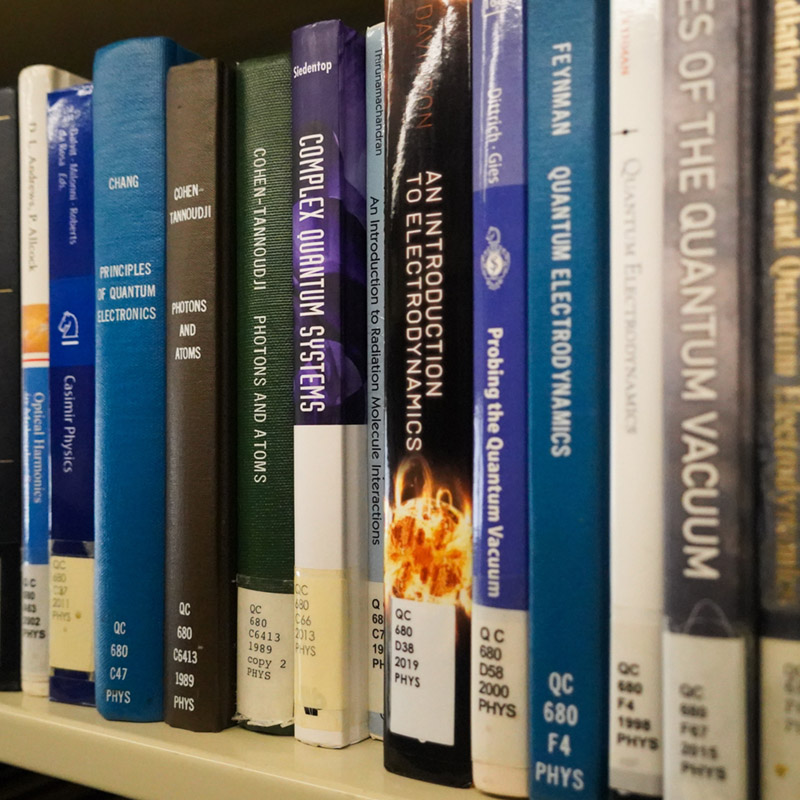
Research made simple
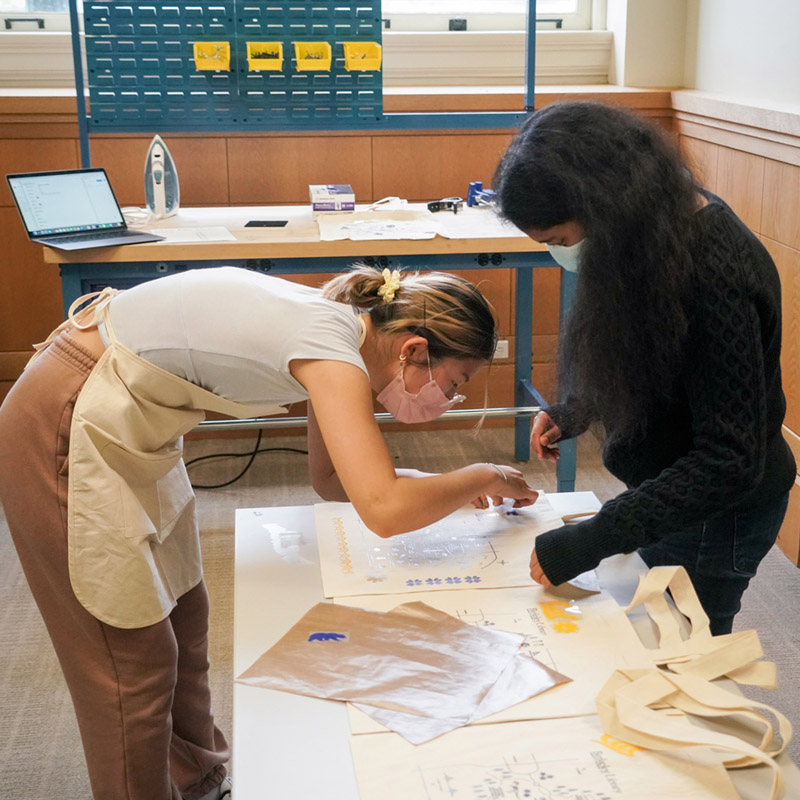
Minds in the making
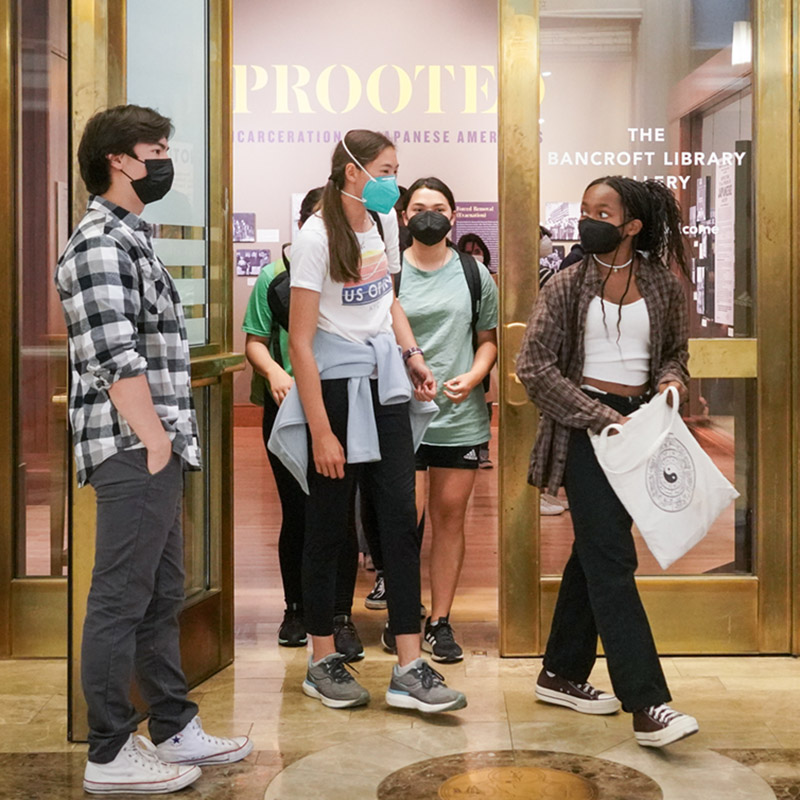
A tragedy, remembered
Through the Undergraduate Research Advocates Program, student interns explored how librarians could better reach and support students from underserved communities. In turn, librarians helped the interns build their research skills. The students shared what they learned with fellow members of NavCal, a campus program that connects underrepresented students with peer support.
New students can have trouble knowing where to start when it comes to academic research. That’s why the Library’s Instruction Services Division developed a suite of resources called Research 101. Offerings include live introductory workshops on Zoom and self-paced learning modules online, among other services.
Where on the Cal campus can you find a student sewing a dress made from repurposed ocean plastic or building a robotic hand? The Library’s Makerspace aids students in acing academic projects — and experimenting without fear of failing. This year, four Library fellows hosted a workshop to raise awareness about the space among students from underrepresented communities.
The Bancroft Library exhibit Uprooted: The Incarceration of Japanese Americans told the traumatic story of the forced removal of Japanese Americans from their homes on the West Coast during World War II. The exhibit marked the 80th anniversary of this tragic episode. K-12 student groups, pictured, were among the many moved by the materials on display.

Crucial conversations
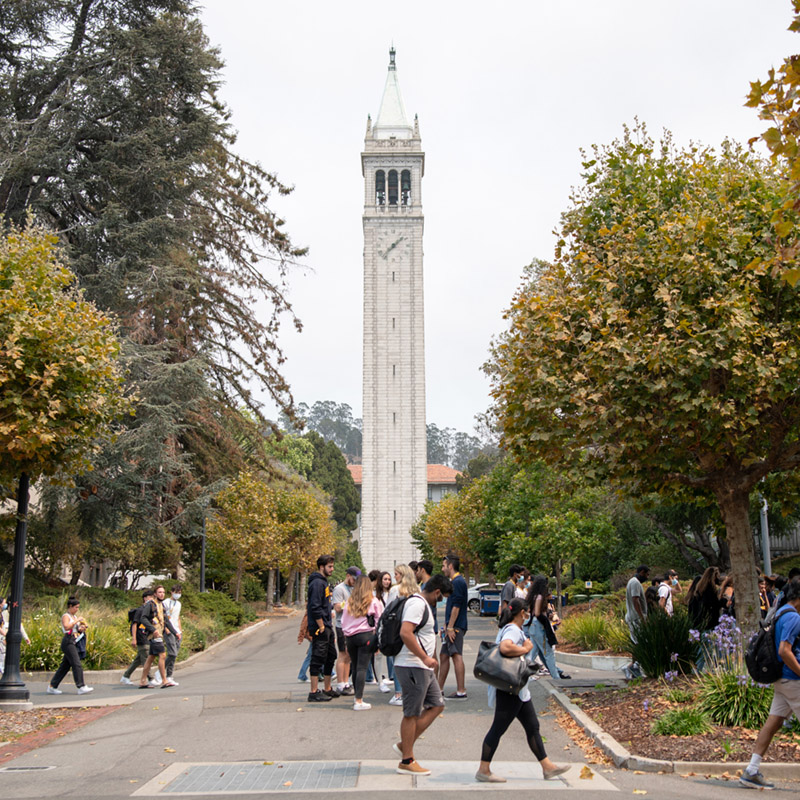
Toppling paywalls

Archiving amid upheaval

At a screen near you
There’s power in perspective, according to Liladhar Pendse, the UC Berkeley librarian for Slavic, East European, and Eurasian studies. It’s why he developed a series of digital discussions on local and global challenges, such as an April event that elevated the voices of Ukrainian librarians. “It’s important for people to hear that perspective because we aren’t there ourselves,” he says.
This year, the University of California continued its campaign to make more research available for free to everyone. With leadership from the Library, UC had reached open access agreements with 14 publishers in total — including deals with Wiley, the American Chemical Society, and SAGE Publishing.
In 2021, amid the Taliban takeover of the presidential palace in Kabul, Afghanistan, the Library set the gears in motion on a new project. The mission? To archive websites at risk of erasure under Taliban rule. The archive includes tweets from journalists, and the websites of news outlets, institutions of higher education, and governmental entities.
By scanning materials and making them available online, the Library is opening up its information and artifacts to people worldwide. Among the materials digitized or made available this year were period photographs of newspaper magnate
William Randolph Hearst’s Wyntoon and San Simeon estates, and
Chinese rubbings dating from the late Ming dynasty into the 20th century.
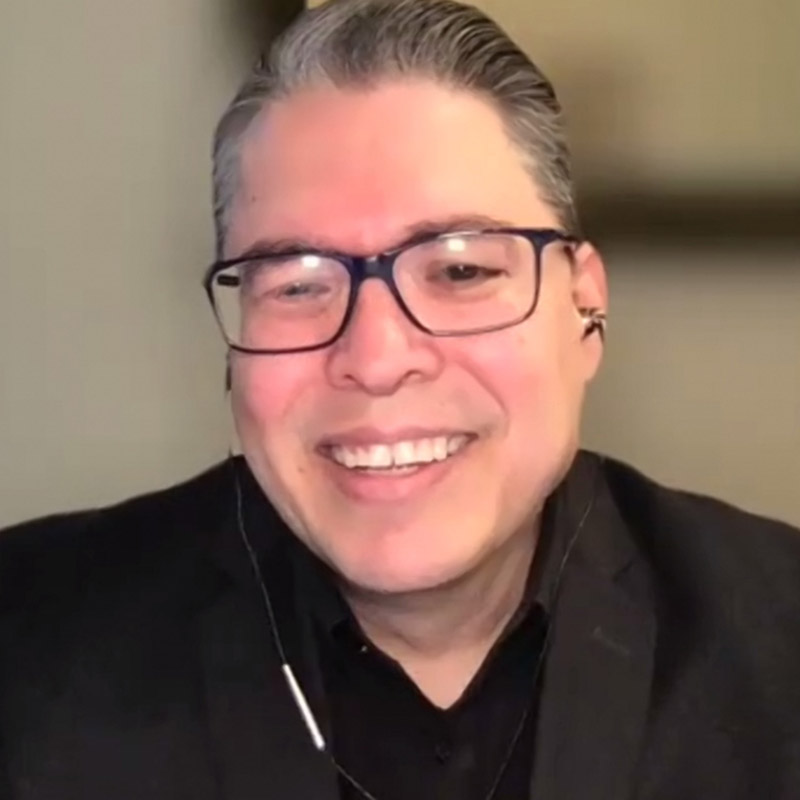
Hope lives here
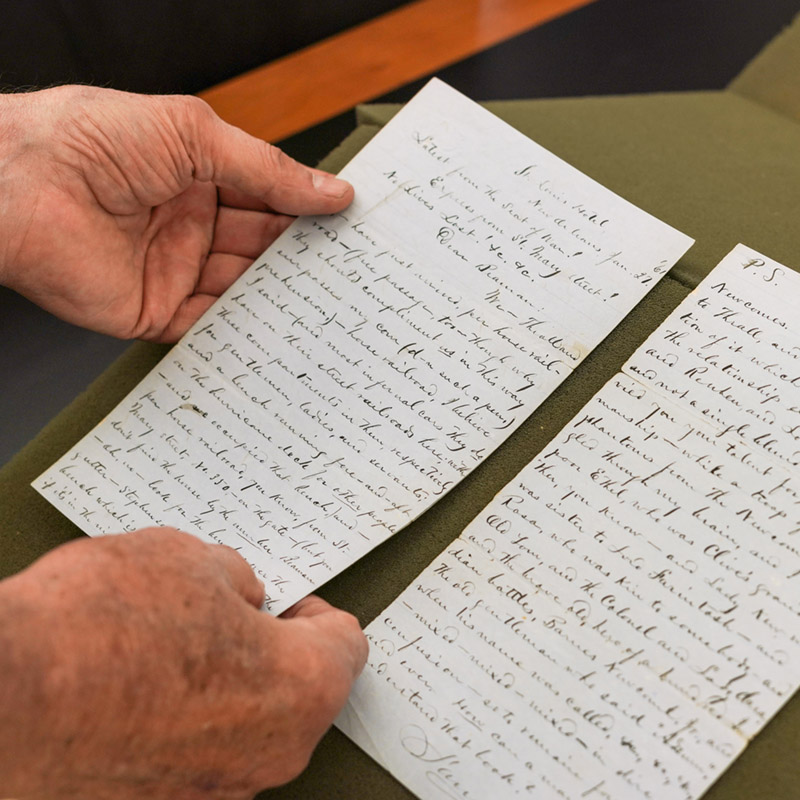
An unexpected letter
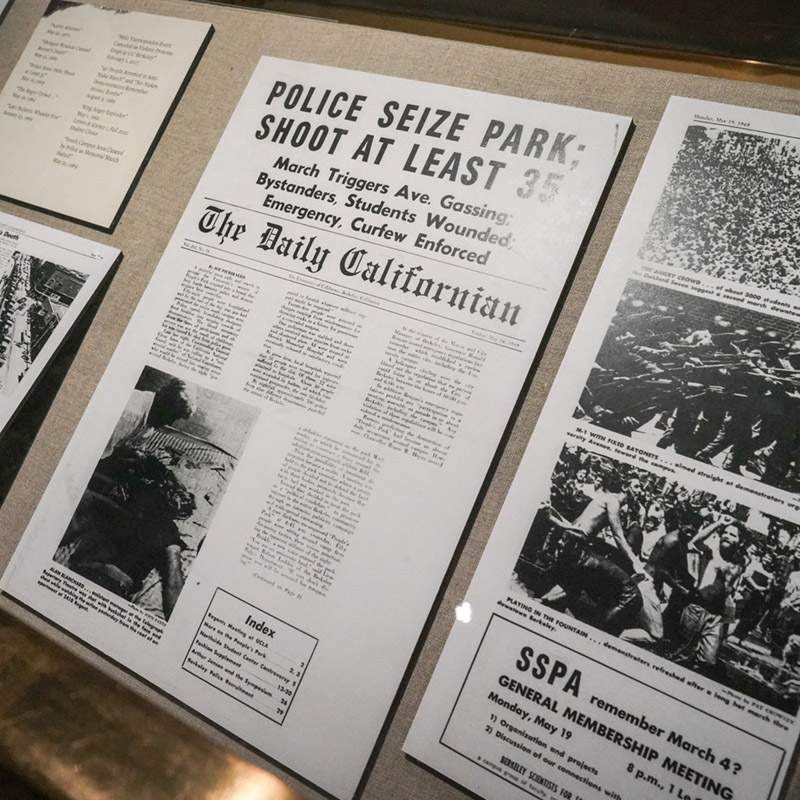
Behind the headlines

Bay on display
At this year’s Luncheon in the Library, the annual gathering honoring Library supporters, Alberto Ledesma — a scholar, author, artist, Cal alum, and assistant dean for diversity, inclusion, and equity in Berkeley’s Division of Arts & Humanities — reflected on life as an undocumented immigrant, cartooning as a form of expression, and the power of leaning into fear.
More than a century after his death, Mark Twain is still finding ways to surprise. Through donor support, The Bancroft Library’s Mark Twain Papers & Project last fall acquired a letter from the least-known period in the author’s life. The 1861 missive from the then-25-year-old steamboat pilot is the oldest known letter Twain wrote to someone outside of his family.
The Daily Californian: The First 150 Years, an exhibit that opened in December 2021, charted the student newspaper’s history over a century and a half, highlighting milestone moments, notable alumni, and reporting on everything from the People’s Park protests to “The Play.” Issues of the
Daily Cal are available on the Library’s
Digital Collections portal.
Cartography and creativity collided as the Earth Sciences & Map Library held its third annual mapmaking contest. Map the Bay invites students of all ages across the nine-county region to create maps with a connection to the Bay Area. Winning entries included a third grader’s detailed depiction of transit and a high school student’s artistic take on architecture.
